Beyond My Lens: Photographer Katie Levine’s Storytelling Podcast, Supported by Narrative
Blog
By Kyle Wilson
With 18 years as a wedding photographer in Cancun, Citlalli Rico has shot over 600 destination weddings. Her passion and experience capturing couples’ stories have made her a world-class wedding photographer. She chats with Kyle Wilson about the changes she’s seen in the industry, her personal journey, and valuable lessons learned along the way.
KW: You've been a full-time photographer for a long time?
CR: I’ve been a wedding photographer for almost 18 years now. It's been a while, almost half of my life. That's crazy.
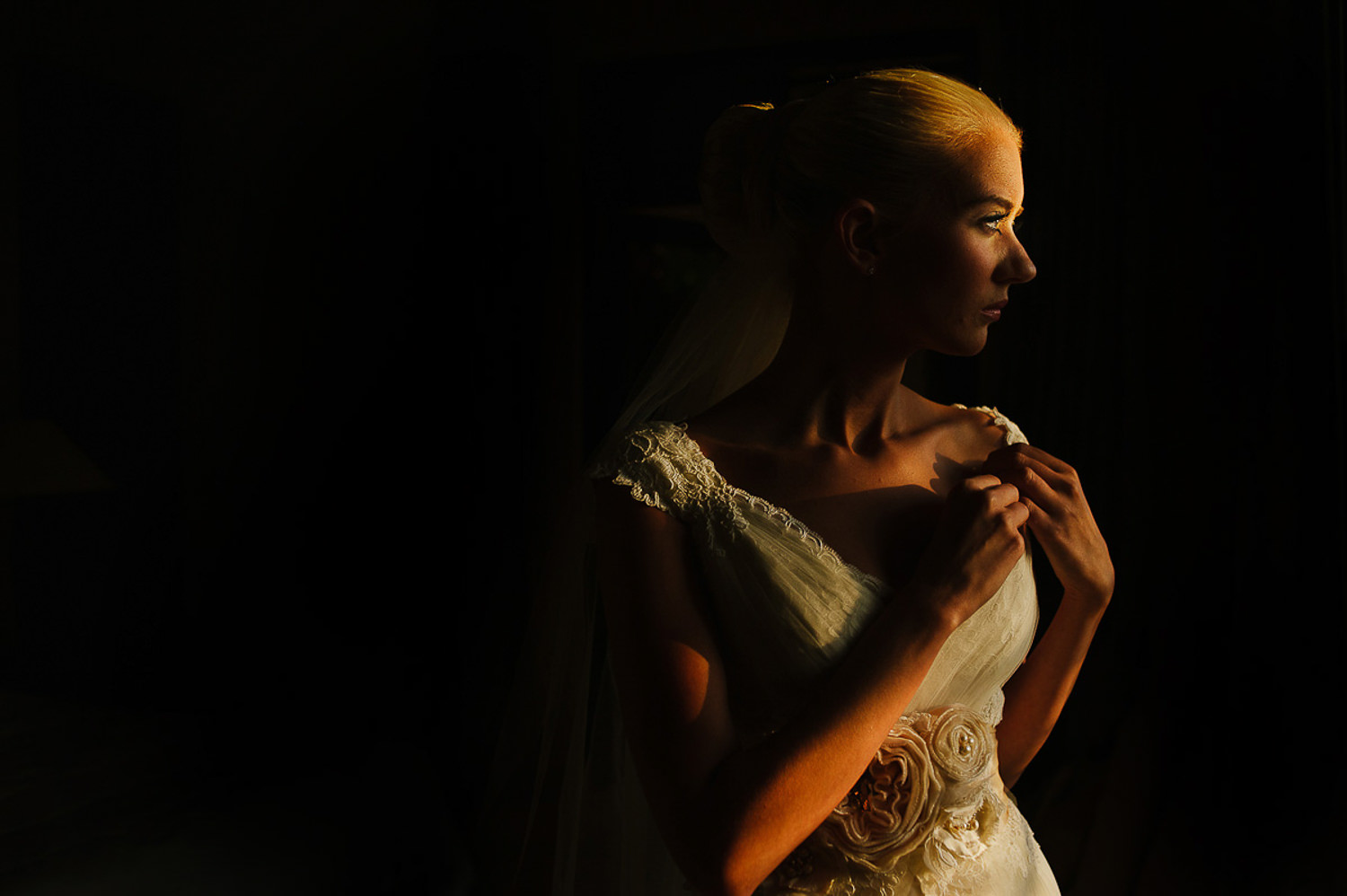
KW: What have you seen within the industry that's different now from when you started?
CR: For some context, I’ve been living in Cancun for over 30 years and shooting here for 18. Most of my weddings are for international couples at all-inclusive resorts, and most are on the beach. They have the same energy and vibe because everybody’s on vacation. The greatest part about destination weddings is that you don't have everyone stressed out at home, running around, picking up the dress or the suit. They're just chilling by the pool before the wedding starts. Now, people pay more attention to things like decorations; they don't just go with the flow with whatever the venue gives them. They're paying more attention because of Pinterest. Those are the things that I can see people are spending more money on right now than before.
KW: Does 'all-inclusive' include photographers?
CR: Yes, they have their own vendors. That's been hurting the photography industry because they have their inside photographers who won't allow external vendors to shoot unless they charge a penalty fee to the client. And that penalty fee can be crazy, like $2,000 per vendor. So if you want to bring your own videographer and makeup artist, that hurts. But clients are still willing to pay these fees to get the person or team they want to work with.
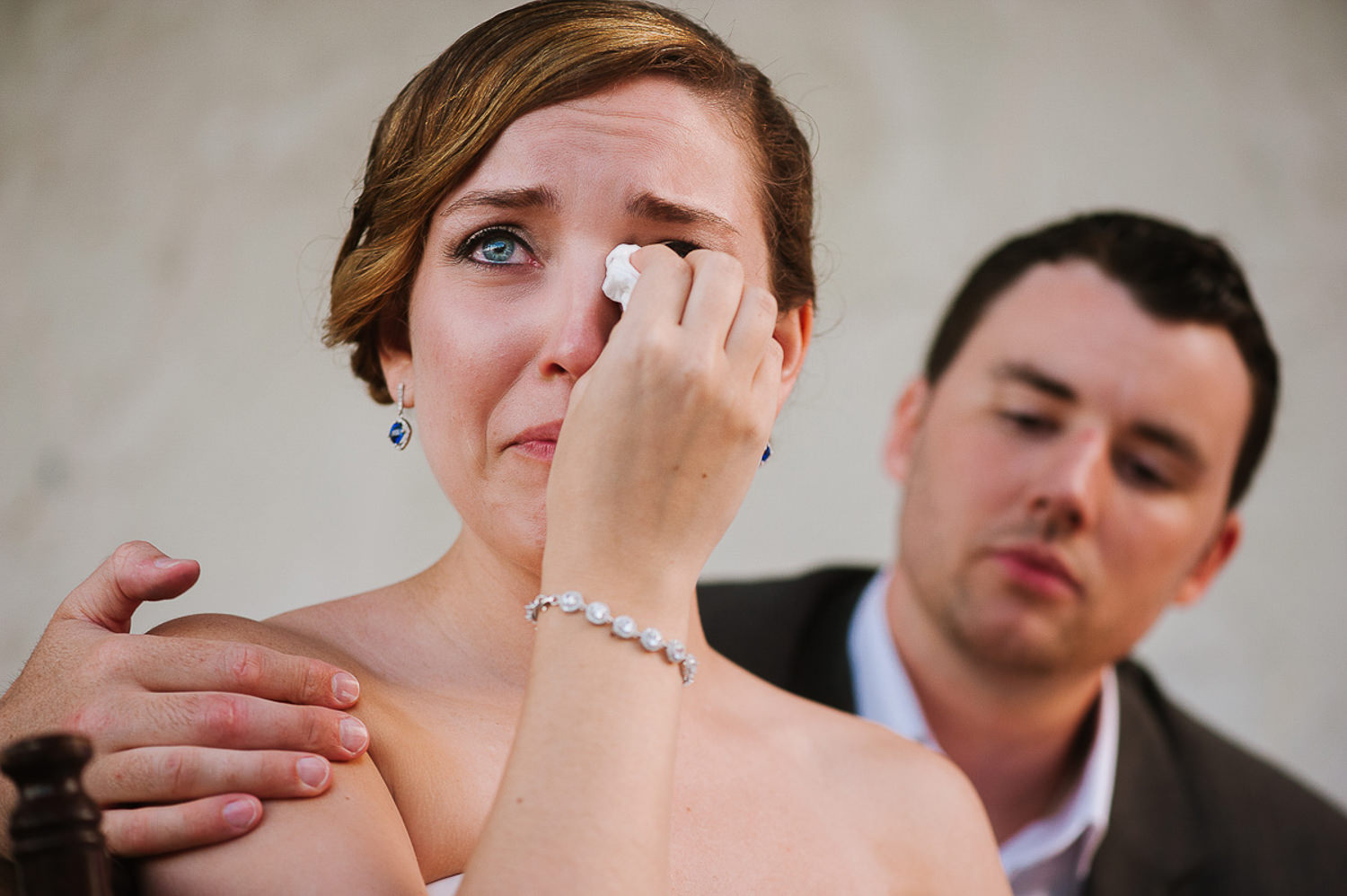
KW: How are those photographers who work as vendor-specific photographers viewed in your local communities?
CR: I have a lot of respect for the guys starting at resorts. It’s normally really young kids who are just starting and getting paid very little. Then, after a year or so, they’re starting their own studio.
KW: What has been the proudest moment of your career?
CR: When I started submitting images to contests, I started winning. It was a proud moment for me and put my name on the map. I won awards that allowed me to speak at gigs and conferences all over the world. I was 30 when this happened, and I had never had a chance to travel. Then I was in Amsterdam and Portugal and Brazil.
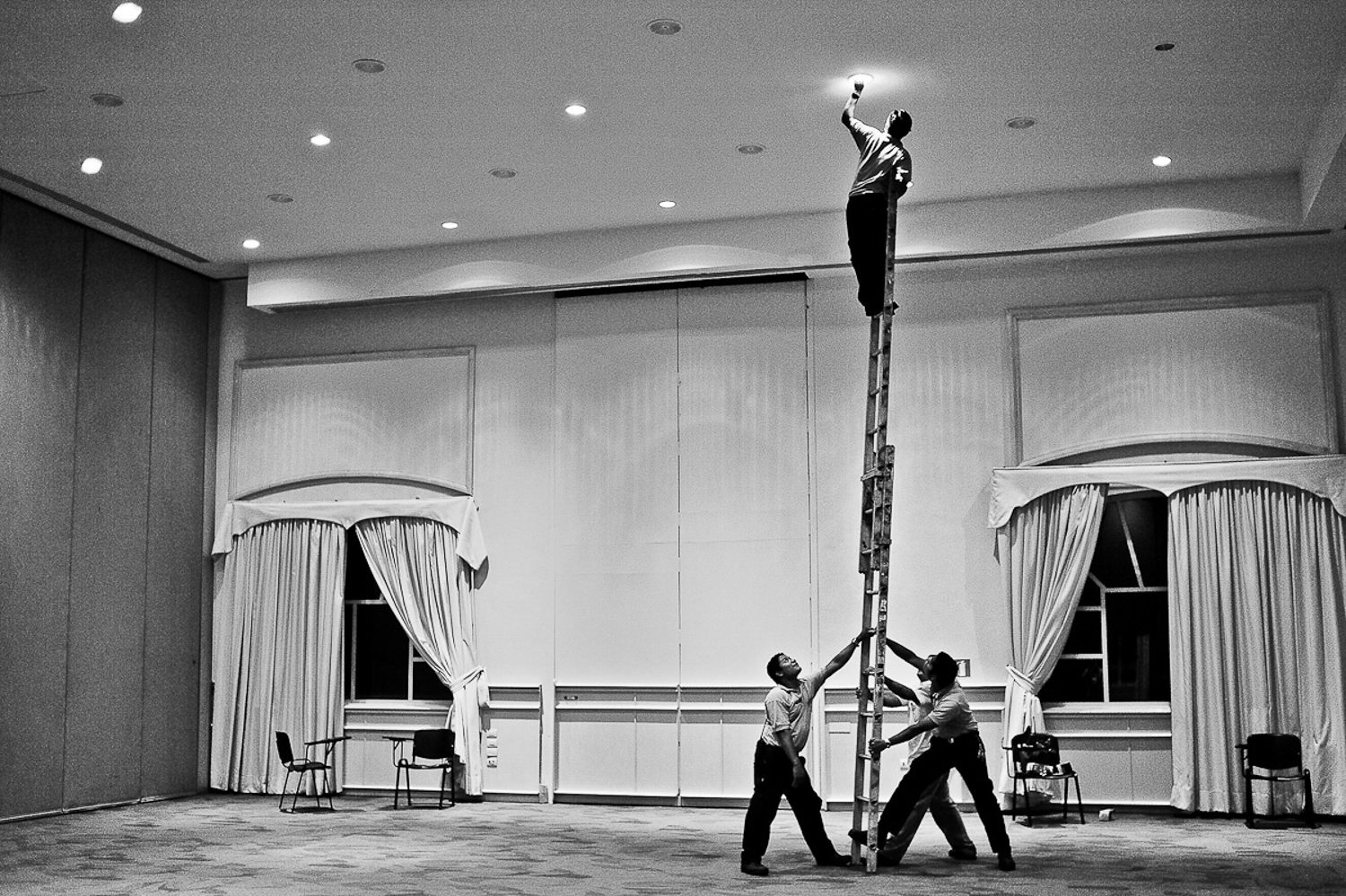
KW: What's been your worst business decision?
CR: One of them is waiting too long to start saving for retirement. It’s not something people tell you when you’re young. The other is when I was starting out, I put all my energy and effort into becoming a better photographer, but I wish I had put more effort into learning the business part.
KW: Data backup and budgeting and taxes and insurance are just not discussions that people have. It's not fun, and nobody talks about it.
CR: No one wants to go and listen to a person talking about numbers for an hour. But there are a few that I have listened to that have been very helpful. When you’re starting you really want to learn the technical aspects, but then someone says, ‘Hey, you have to pay taxes.’
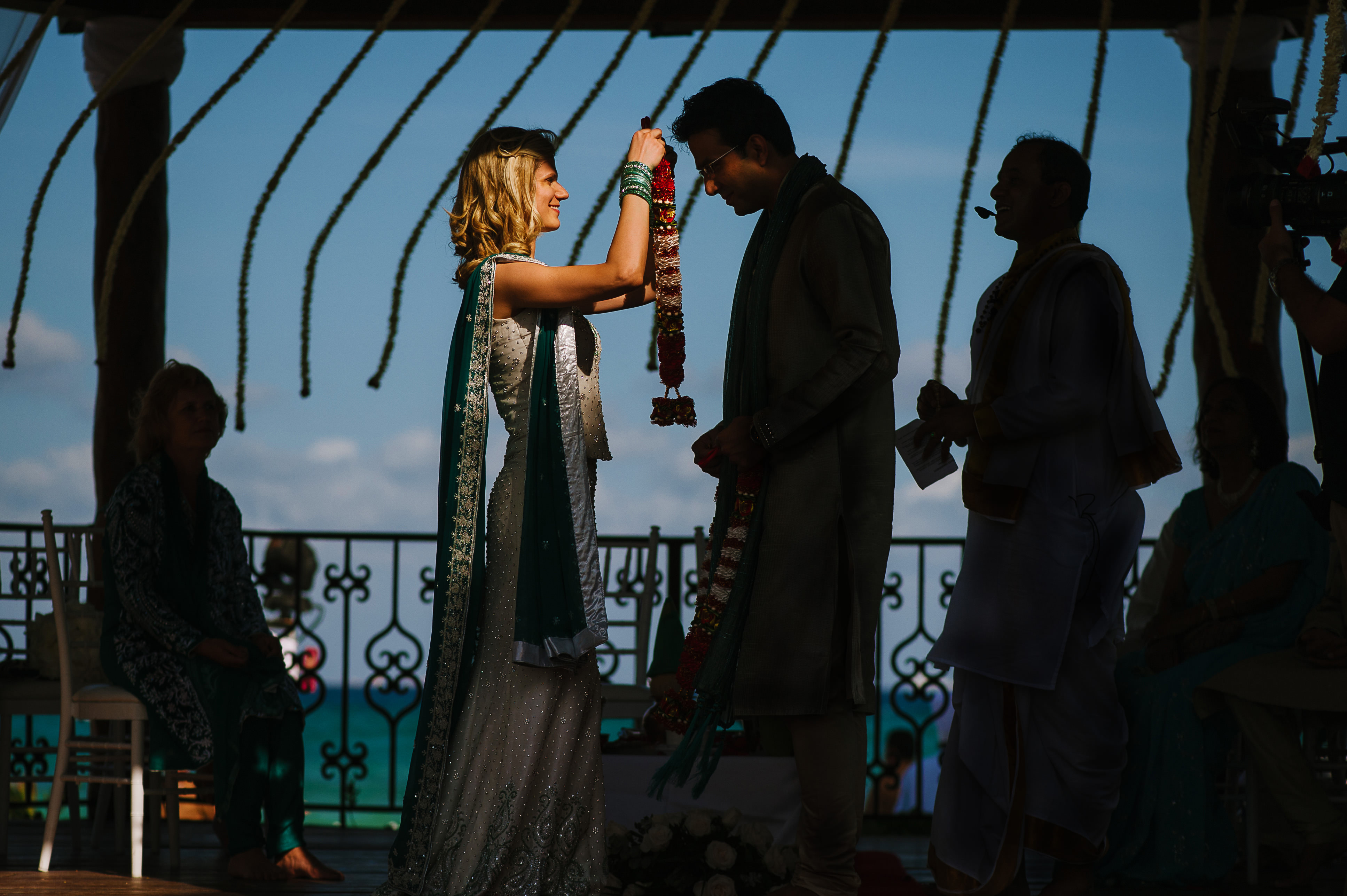
KW: What's been your best business decision?
CR: I’ve been working with my sister since I started. She has been my second shooter for 17 years. A second good decision was diversifying the business so that not all of my income is from weddings. I started teaching other photographers over 10 years ago, and it has helped tremendously to have something else bringing in income. If you’re starting, please do it! And the more you teach, the more you learn. I'm not teaching as much now. I realized it was important for my mental health to take things slow and not travel as much. So now I'm spending more time taking care of myself and that's been a wise decision.
KW: What camera are you carrying with you most these days, whether for work or personal?
CR: A9 is my go-to right now. I'm still shooting this DSLR with Nikon and Mirrorless with Sony. I am happy with mirrorless, it is more gentle on the body because they're so light.
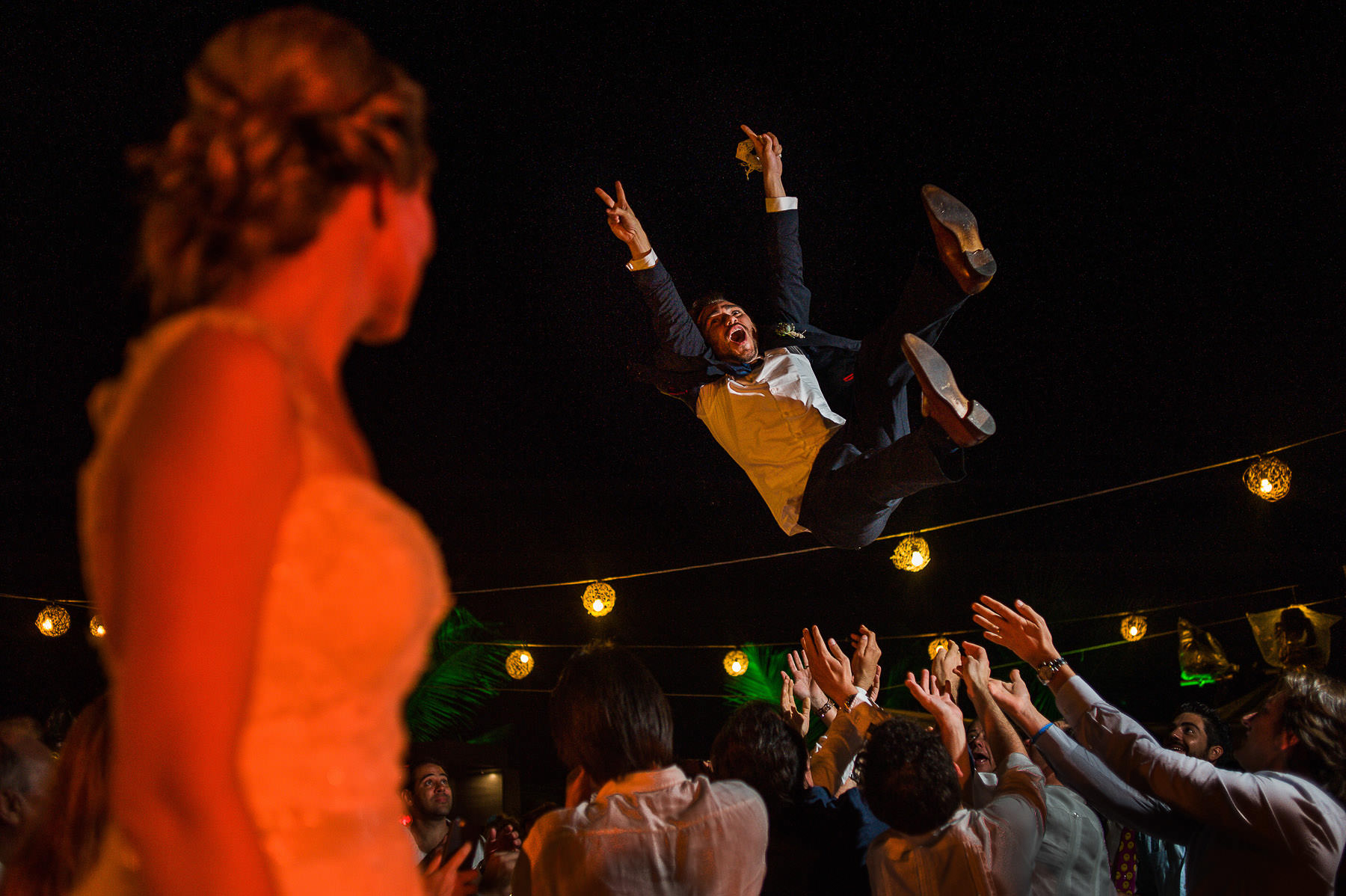
KW: What's your current problem? What are you working on?
CR: My problem is keeping up with social media. Right now all my energy is put towards staying healthy. COVID hit me really hard in general and my energy is put into recovering from that and my mental health. So social media is not at the top of my priority list. I should outsource but I haven’t found the right person. As a destination wedding photographer in Cancun, I feel like the market is looking to Instagram.
KW: Where do you land in Google search?
CR: It's important to keep your website running so I put a lot of effort into that. I used to blog all the time, and I was doing very well, but now people who discovered how to do SEO properly are ranking way higher. What works is sharing helpful articles, not just about shooting this wedding at this venue. My most visited article on my blog is about wedding gift bags. It has nothing to do with photography but it’s valuable information. I need to find a rhythm, but it's hard to keep up right now. It will happen. I’m confident.
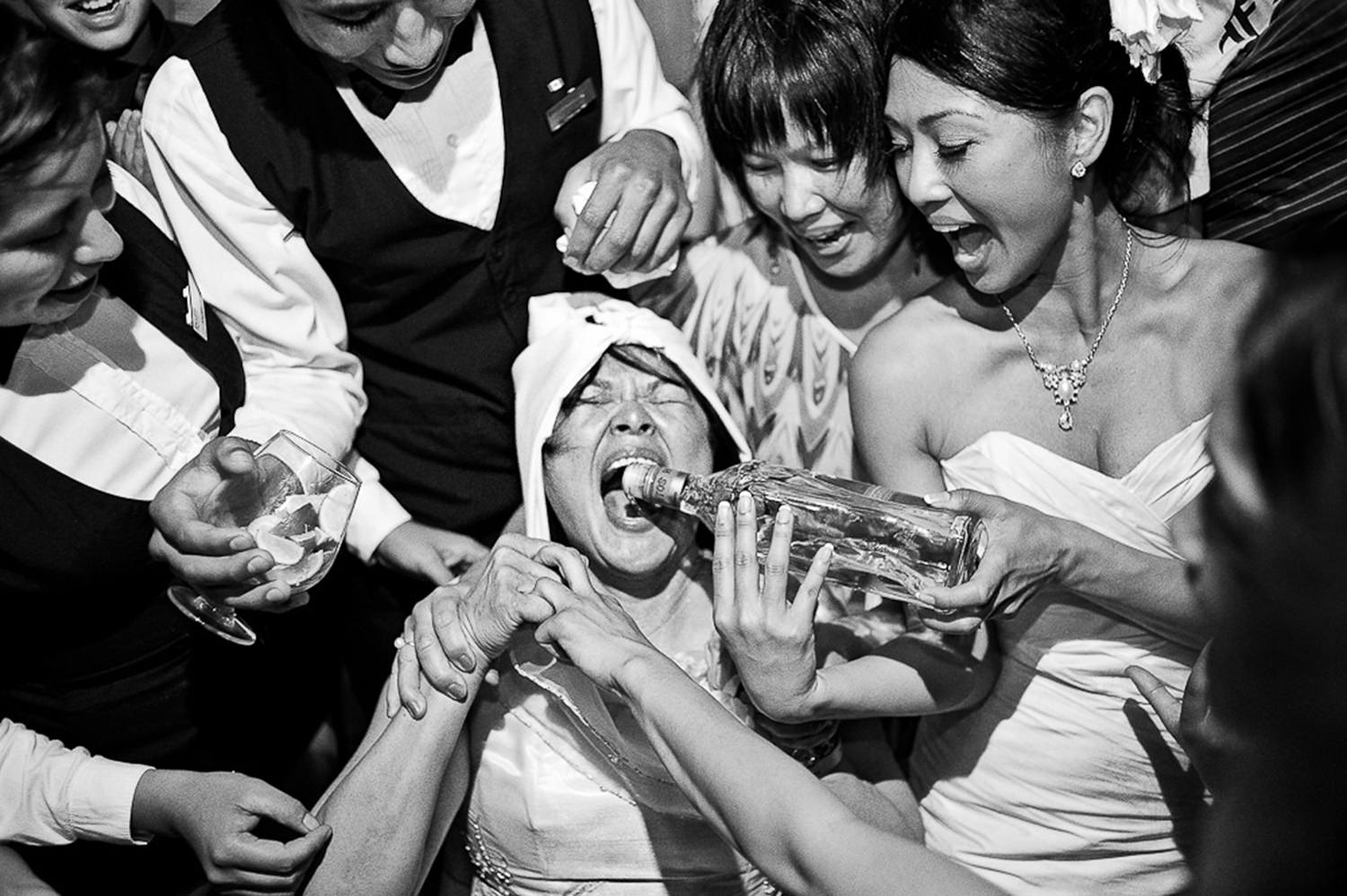
KW: Your work is so beautiful. Thank you for taking up so much of your time today.
CR: Thank you so much, Kyle. It was great chatting with you. Thank you for inviting me and I'm so glad to be part of the Narrative family.
Check out Citlalli’s outstanding wedding photography at citlallirico.com and see if she’s kept up her Instagram @citlalliricophotography.
This interview has been edited and condensed. Subscribe to our YouTube channel for the full, unedited interview and more epic photography content.